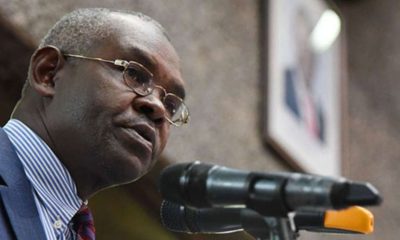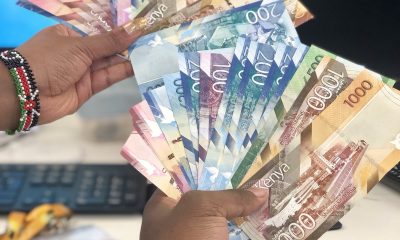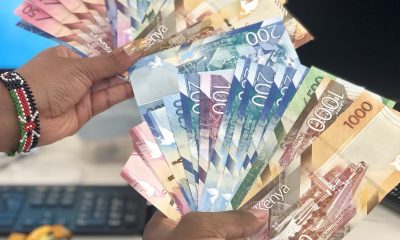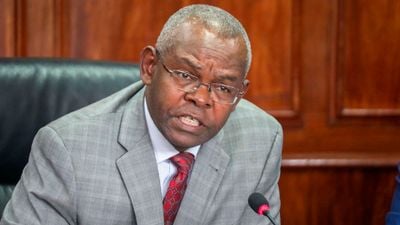Business
Kenya To Add Gold to Its Reserves, Reduce Reliance on US Dollar, Says CBK Governor
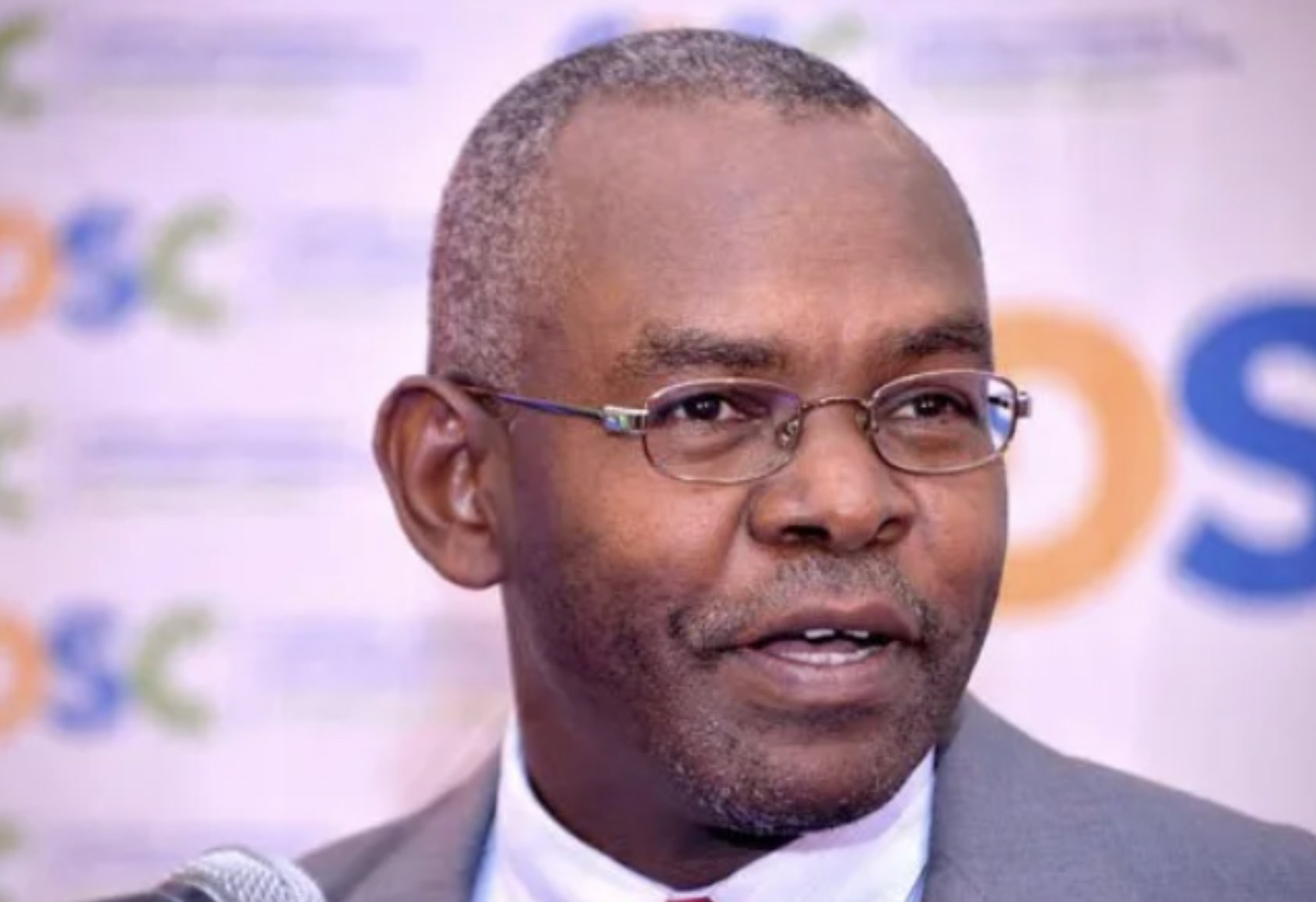
The Central Bank of Kenya (CBK) is “actively considering” adding gold to its foreign exchange reserves as part of a strategy to diversify beyond the US dollar and other currencies, according to Governor Kamau Thugge.
Speaking on the sidelines of the International Monetary Fund and World Bank Spring Meetings in Washington DC, Governor Thugge revealed that a dedicated team is currently examining the feasibility of gold acquisition, though he declined to provide a specific timeline for implementation.
“We have basically a group that is looking at the feasibility of doing it and yes, that’s something that we’re actively considering,” Thugge told Bloomberg Television in an interview on Thursday.
The move aligns Kenya with a growing global trend of central banks stockpiling gold, which has driven precious metal prices to record levels.
This worldwide rush toward gold began in early 2024, as central banks sought to hedge against dollar fluctuations and protect themselves from potential sanctions.
In the same interview, Thugge disclosed that Kenya is pursuing a new IMF program “in the same format as the previous one,” valuing the concessional element of the funds and the attached policy package as “a good package in the current context of elevated global risks.”
This follows the premature termination of a four-year $3.6 billion IMF program in March, which resulted in Kenya forgoing approximately $850 million after failing to meet certain targets.
The governor expressed optimism about Kenya’s economic outlook, projecting growth “at a much faster pace” than last year’s estimated 4.6%, despite potential headwinds from US trade policies.
He anticipates that US tariffs on trading partners would only reduce Kenya’s economic growth by about 0.2%.
Thugge attributed the expected economic expansion to favorable weather conditions boosting the agricultural sector, combined with lower interest rates stimulating investment and consumption.
“Last year’s pressures have eased, and we have started to ease monetary policy,” he noted.
Regarding financing strategies, the governor indicated that Kenya isn’t “planning and expecting to go to the international capital markets for a while” following a recent Eurobond issue.
Instead, the nation plans to leverage its “deep local financial market” and explore loans from other regions, including the Middle East.
Kenya Insights allows guest blogging, if you want to be published on Kenya’s most authoritative and accurate blog, have an expose, news TIPS, story angles, human interest stories, drop us an email on [email protected] or via Telegram
-

 Grapevine1 week ago
Grapevine1 week agoAlleged Male Lover Claims His Life Is in Danger, Leaks Screenshots and Private Videos Linking SportPesa CEO Ronald Karauri
-

 Lifestyle2 weeks ago
Lifestyle2 weeks agoThe General’s Fall: From Barracks To Bankruptcy As Illness Ravages Karangi’s Memory And Empire
-

 Grapevine5 days ago
Grapevine5 days agoRussian Man’s Secret Sex Recordings Ignite Fury as Questions Mount Over Consent and Easy Pick-Ups in Nairobi
-

 Investigations2 days ago
Investigations2 days agoMulti-Million Dollar Fraud: Three Kenyans Face US Extradition in Massive Cybercrime Conspiracy
-

 Investigations2 weeks ago
Investigations2 weeks agoEpstein’s Girlfriend Ghislaine Maxwell Frequently Visited Kenya As Files Reveal Local Secret Links With The Underage Sex Trafficking Ring
-

 News2 weeks ago
News2 weeks agoState Agency Exposes Five Top Names Linked To Poor Building Approvals In Nairobi, Recommends Dismissal After City Hall Probe
-

 Business1 week ago
Business1 week agoM-Gas Pursues Carbon Credit Billions as Koko Networks Wreckage Exposes Market’s Dark Underbelly
-

 Business2 weeks ago
Business2 weeks agoThe Crash of Koko Networks: A Detailed Look Into How and Why It Happened, And The Potential For A “Silver Lining” For Carbon Integrity

